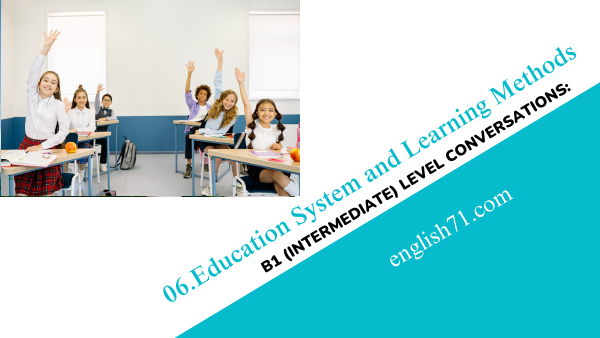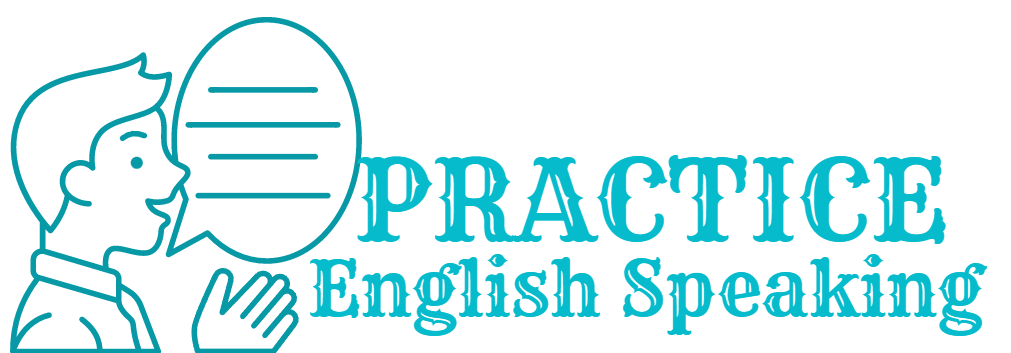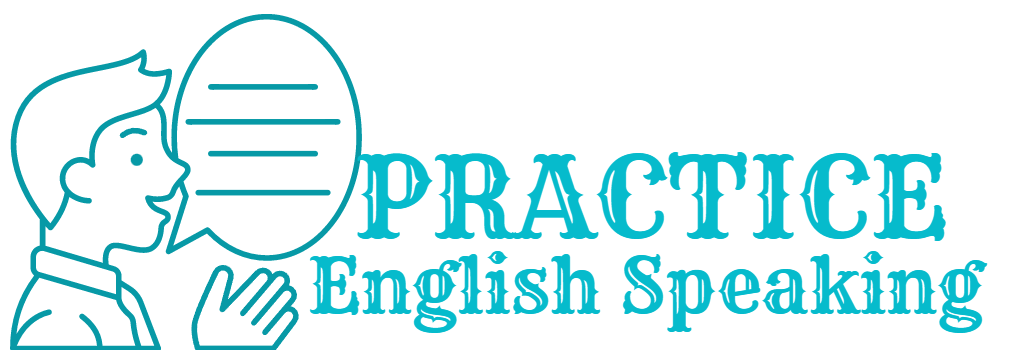B1(Intermediate) level Conversations: (6) Education System and Learning Methods

Riz: Hi Mahira! How’s everything going with your studies?
Mahira: Hey Riz! It’s been a bit challenging, to be honest. The workload is quite intense this semester.
Riz: I feel you. The education system can be demanding. Have you found any effective learning methods to cope with it?
Mahira: I’ve been trying different approaches, like creating detailed study schedules and using mnemonic devices for memorization. But sometimes, it feels like there’s too much to cover.
Riz: I get that. It’s essential to find what works best for you. I’ve been exploring online courses to supplement my learning. They provide a different perspective and often offer interactive materials.
Mahira: Online courses sound interesting. Are they helping you grasp the concepts better?
Riz: Definitely. The multimedia elements and the ability to learn at my own pace make a significant difference. Plus, there are forums where you can discuss topics with learners from around the world.
Mahira: That sounds beneficial. I might give it a try. How about traditional classroom learning? Do you think it’s still effective?
Riz: It has its merits. The interaction with professors and peers can be valuable. However, I believe a combination of traditional and modern methods is ideal for a well-rounded education.
Mahira: True, a balance would be perfect. By the way, have you experienced any challenges with the current education system?
Riz: One major challenge is the emphasis on exams as the primary assessment method. It often doesn’t reflect a holistic understanding of the subject. Project-based assessments might offer a more comprehensive evaluation.
Mahira: I agree. Exams can be stressful, and they might not capture the practical application of knowledge. Speaking of which, have you tried any practical approaches to your studies?
Riz: Yes, I’ve been participating in extracurricular projects related to my field of study. It helps me apply theoretical knowledge in real-world scenarios. It’s both fun and beneficial.
Mahira: That’s a great idea. I should look into joining some projects too. Changing gears a bit, do you think the education system prepares us well for the workforce?
Riz: It’s a mixed bag. While academic knowledge is crucial, practical skills and real-world experience are equally important. Internships and vocational training can bridge that gap.
Mahira: I’ve been considering internships. It’s reassuring to know that they have a positive impact. How about feedback systems? Do you think they play a role in improving the education system?
Riz: Absolutely. Constructive feedback, not just on grades but on the learning process, can guide improvements. It fosters a continuous cycle of learning and adaptation.
Mahira: Makes sense. Well, Riz, it’s been insightful discussing education with you. Any final thoughts on how we can enhance our learning experiences?
Riz: Stay curious, Mahira. Explore various learning methods, seek practical applications, and don’t hesitate to provide feedback. Education is a lifelong journey, and we should make the most of it.
Mahira: I couldn’t agree more. Thanks for the advice, Riz. Let’s keep striving for excellence in our studies!



Summary:
Riz and Mahira discuss their experiences with the education system. Mahira shares the challenges of a heavy workload, and Riz suggests online courses for a diverse learning experience. They explore the effectiveness of traditional classroom learning and the importance of a balanced approach. Riz highlights challenges such as exam-centric assessments and advocates for project-based evaluations. Mahira considers practical approaches and internships for a well-rounded education. They agree on the significance of feedback systems for continuous improvement. Riz encourages a curious mindset and a lifelong commitment to learning. They both aspire to strive for excellence in their studies.

